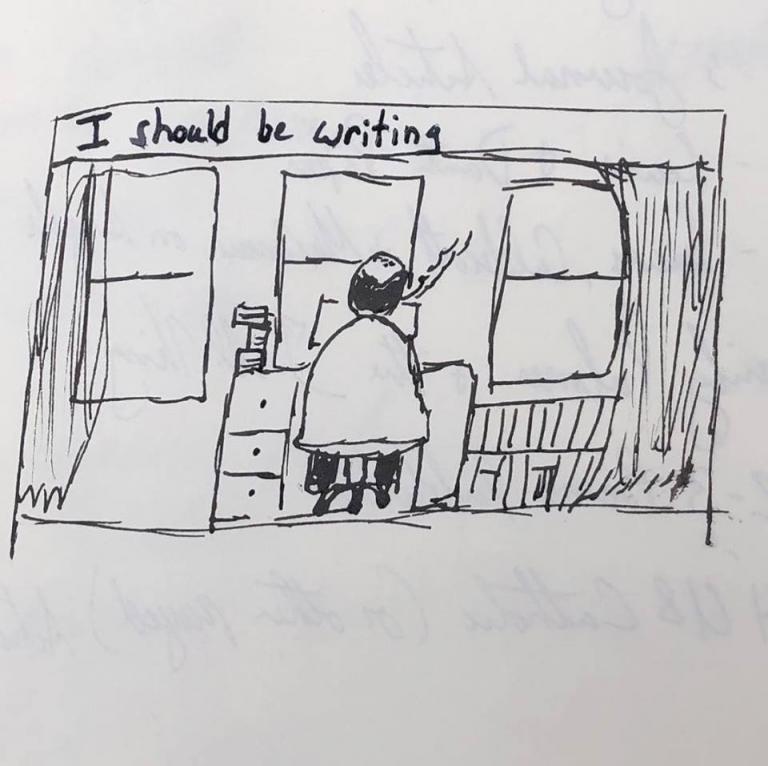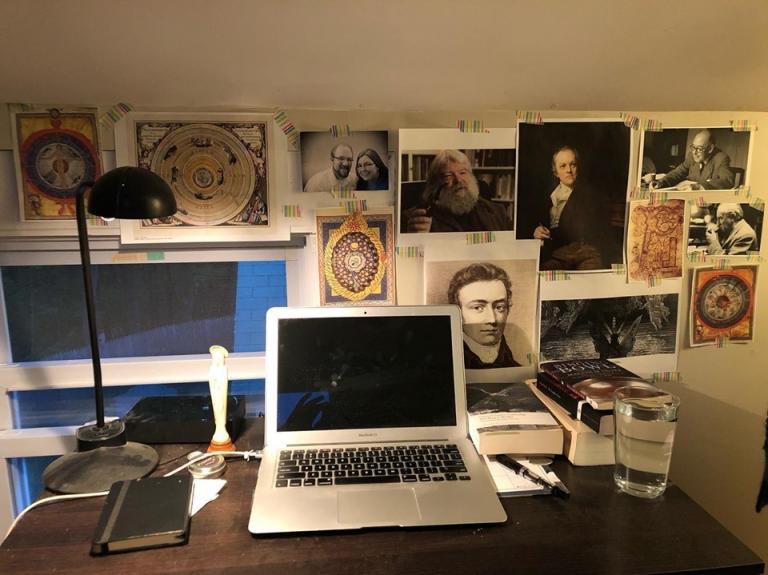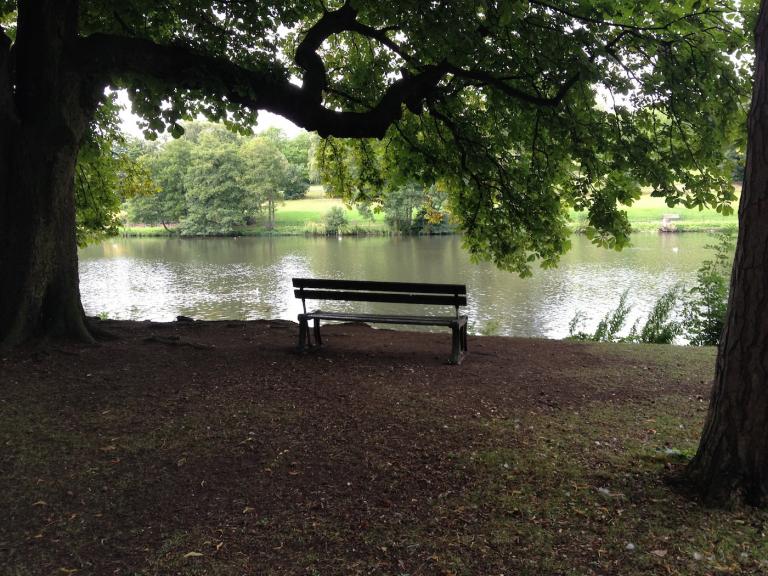
Eastertide
26 May 2019
On the Edge of Elfland
Concord, NH
Dearest Readers,
As part of my research for a current project, I have been reading Samuel Taylor Coleridge’s Biographia Literaria for the first time. Today, as I was reading, attempting to make my way to chapter 13––the celebrated chapter putting forth Coleridge’s theory/theology of imagination––I came across chapter 11. This chapter is entitled, “An affectionate exhortation to those who in early life feel themselves to become authors.” Coleridge himself was 44 when he published the Biographia Literaria and he was 26 (or there about) when he wrote the first edition of The Rime of the Ancient Mariner. Still, knowing that he was relatively young himself, my interest was piqued when I saw the nature of the chapter.
Coleridge sums up his advice in six word: “Never pursue literature as a trade.” He does not mean, do not write. Rather, Coleridge spends the rest of the chapter suggesting that those who wish to write should take up some full-time occupation, preferably one with set hours. Then, in the hours off, those who wish to write should do so. Coleridge’s ideas are certainly idealistic and don’t always reflect what he himself did. Worse still, Coleridge veers into sexism. At one point he suggests that men are more naturally meant to be from home during the day as women are meant to be more at home “for the most part.” One can do more than wonder if some of Coleridge’s own domestic issues might have been solved had he been home more often.
Nevertheless, I think, or at least I certainly hope, that his overall point remains true. It is better for writers to have a profession of some sort and to write in one’s leisure hours. Coleridge sets the scene for us:

“[Y]ou have satisfied the demands of the day by the labour of the day. Then, when you retire into your study, in the books on your shelves you revisit so many venerable friends with whom you can converse. Your own spirit scarcely less free from personal anxieties than the great minds, that in those books are still living for you! Even your writing-desk with its blank paper and all its other implements will appear as a chain of flowers, capable of linking your feelings as well as thoughts to events and characters past or to come; not a chain of iron which binds you down to think of the future and the remote by recalling the claims and feelings of the peremptory present. But why should I say retire? The habits of active life and daily intercourse with the stir of the world will tend to give you such self-command, that the presence of your family will be no interruption. Nay, the social silence, or undisturbing voices of wife or sister will be like a restorative atmosphere, or soft music which moulds a dream without becoming its object.”
We can clearly see that Coleridge’s vision chiefly works for those who have few or no duties to attend to at home. And yet, I think we can learn much from Coleridge’s advice. He writes earlier in the chapter, “Three hours of leisure, unannoyed by any alien anxiety, and looked forward to with delight as a change and recreation, will suffice to realize in literature a larger product of what is truly genial, than weeks of compulsion.” His overall point is that writing, for those who wish to do it, should be an act of leisure. Whether one’s home life involves three hours of leisure a day or three minutes. I think his point remains, that coming home and entertaining yourself (without neglecting your family or home obligations) for a time with writing will produce better work than spending all the hours of everyday in writing.
I could certainly point to the now numerous examples of authors famous and otherwise who make all of their money, however little or much, by writing. But for myself, despite all the potential problems and presumptions embedded in Coleridge’s approach, I take heart. I am emboldened to think that perhaps writing can happen best in my leisure hours, surrounded by my wife and children (as I am right now). Perhaps it’s just been laziness, sloth, acedia which have kept me from producing the kind of work I should have. Perhaps my next (or first really) great book or poem will come out of writing in the in between times. Perhaps Coleridge is right, and having my job as a teacher is precisely what will keep me from losing the common touch. I certainly hope he is right. Coleridge has inspired me to write, to grasp hold of the time available to me, and to make of it what I will. I pray you will do the same.
Sincerely,
David Russell Mosley











